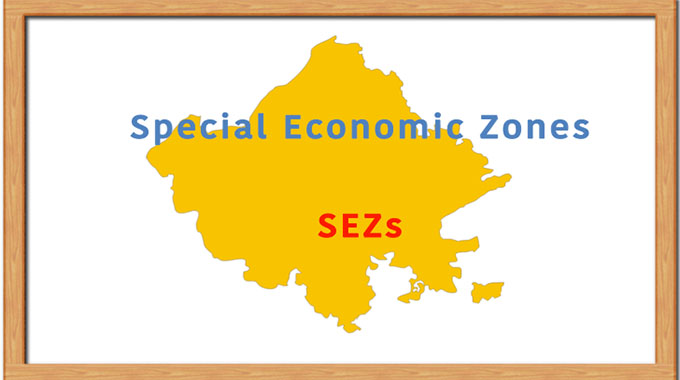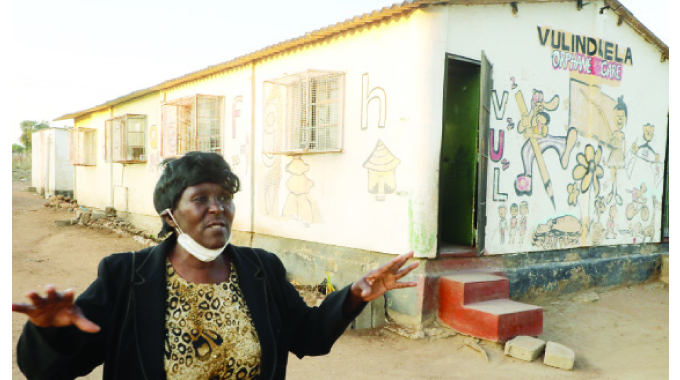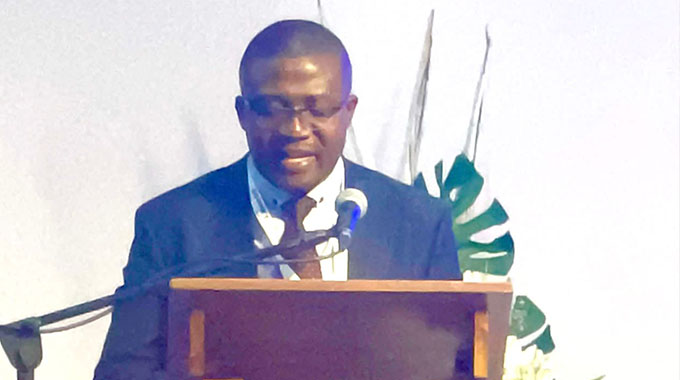Call to save Bulawayo dying clothing industry

Nqobile Bhebhe, Senior Business Reporter
PROMINENT Bulawayo businessman, Mr Mohamed Esat, has made a passionate plea for the Government and banking sector to inject substantial capital into the clothing and textile manufacturing sector.

Mr Mohamed Esat
This is going to help create more jobs, trim imports and save the few existing clothing retail outlets, which are facing stiff competition from cheap imports and second-hand clothes, he said.
In the absence of a viable clothing manufacturing sector, Mr Esat says the country’s cotton to clothing value chain remains crippled and sustainability of the few operators including the retail players is increasingly being threatened.
The clothing and textile sector used to be a big employer in Bulawayo.
However, in recent years, many large companies that formed the backbone of the city’s industry have either closed shop, liquidated, or have been placed under judicial management.
To remain in business, the few operators mainly import wares for resale with limited domestic value addition, a development that is draining the much-needed foreign currency, said Mr Esat in a interview.
There is need, therefore, for financial injection in the clothing manufacturing sector, which will boost overall economic activity.
“Capital is needed to revive the clothing sector in Bulawayo.
If people are vetted and given money to start operating little factories that would go a long way in getting the sector up and running,” said Mr Esat who runs a diversified business model.
“Almost the entire clothing factories are empty in Bulawayo, they have been lying idle for too long.
But all hope is not lost, as business, we are noticing signs of recovery.”
Esats clothing mainly deals in school wear, kitchenware, linen, ladies’ hair and luggage accessories, among others.
With most clothing factories having closed, the businessman said they are now forced to import a lot of their stock.
“Previously, 80 percent of our stock was locally produced but now that has changed to a situation where 80 percent is imported and only 20 percent locally produced,” he said.
“The foreign currency we are spending importing should be spent here.
Imports are of no benefit to the economy and our people as they take away jobs.
“I would say most African countries are consumers rather than producers.
Until we get to the production sector coming right, then only would the ratio of stocks change.”
Mr Esat appealed for a financial package that targets the clothing sector saying without a complete value chain, some clothing outlets might close.
“What might happen is that big stores will close and it would be a luxury to operate them.
Most buildings are now being turned into small cubicle outlets as they are much cheaper to run,” he said.
“Their expenses and operating models are less.
We hope that the Government listens to us and gives us assistance through offering financial assistance for people in clothing manufacturing.
We have the infrastructure that can be utilised”.

Special Economic Zone (SEZ)
Bulawayo has been declared a leather and textile Special Economic Zone (SEZ), a move that Mr Esat said should be operationalised without delay as that would add impetus to the revival of the city’s industry.
The clothing and textile sector in Bulawayo has huge potential to grow by tapping into several opportunities to come as a result of the SEZs, he added.
Recently, the retail outlet invested about $250 000 in setting up its new mini-shopping complex that will accommodate at least seven other shops.
The whole project was set to create more space for the local community to conduct business, he added.











Comments